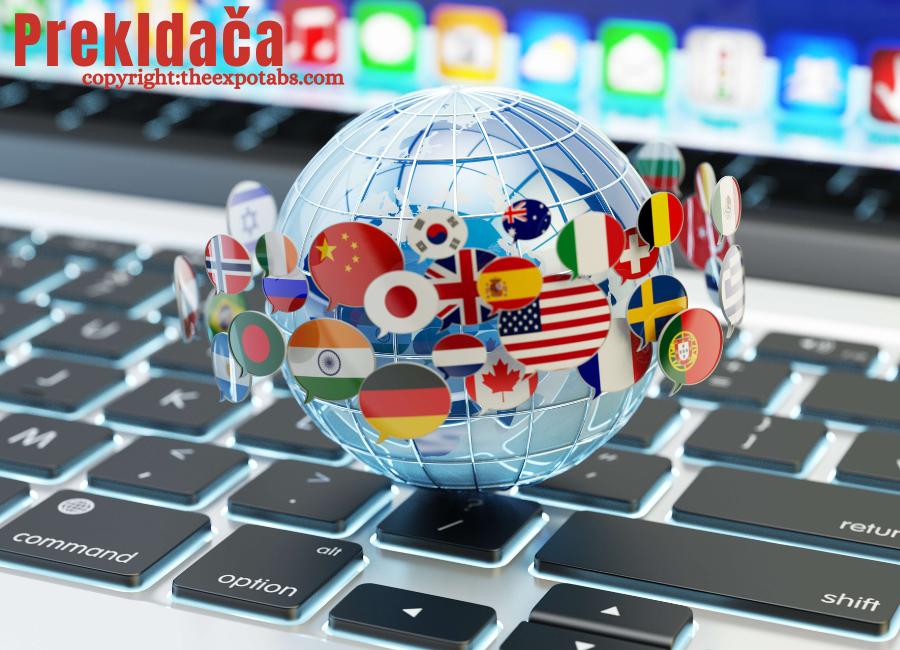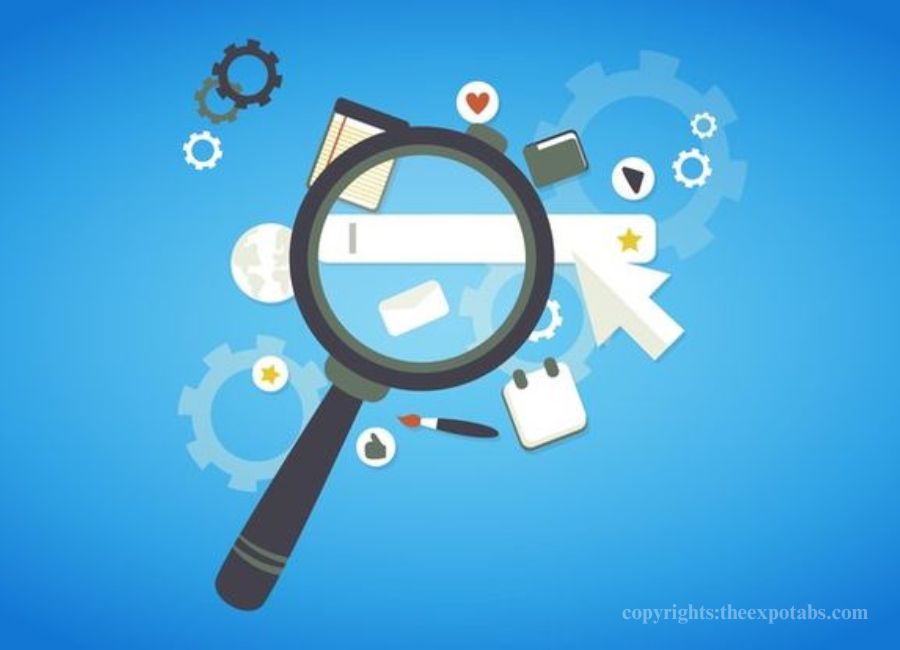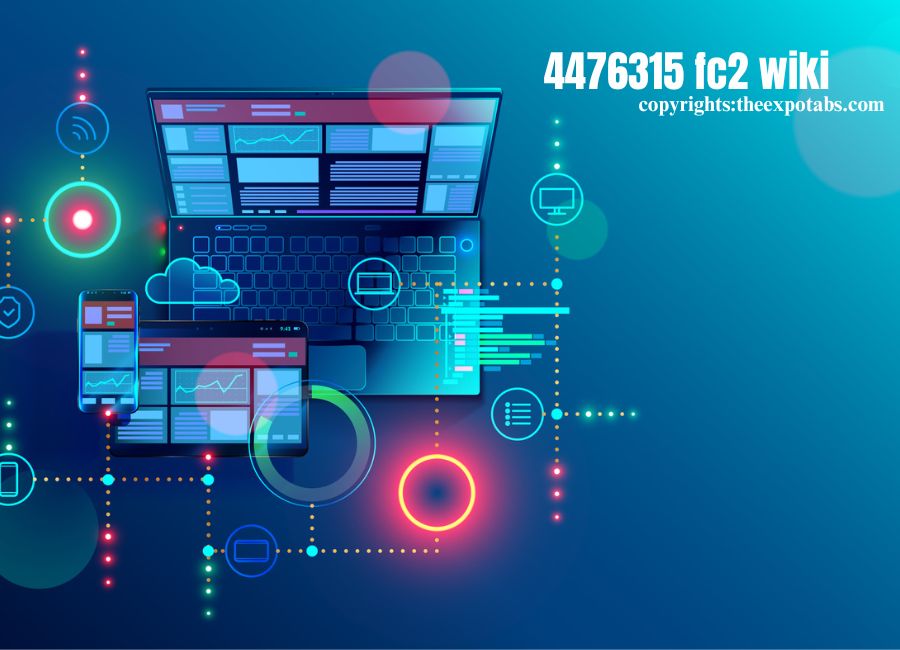In today’s increasingly connected world, the role of a translator has become more crucial than ever. Translators, or prekldača in specific languages, bridge cultural and linguistic gaps, facilitating communication across diverse languages. As the demand for high-quality translation services continues to grow, aspiring translators must hone specific skills to stand out in this competitive field. This article explores the critical skills needed for success as a prekldača today.
Understanding the Role of a Prekldača
Before discussing the essential skills, it’s important to understand what a prekldača does. A prekldača is a professional who translates written or spoken Content from one language to another. This role requires more than bilingualism; it demands a deep understanding of both source and target languages, cultural nuances, and contextual accuracy.
The Evolution of Translation and the Modern Prekldača
The role of a prekldača has evolved significantly with the advent of technology. While traditional translation involves manual processes, today’s translators often use advanced tools and software to enhance efficiency and accuracy. Understanding these tools and their applications is now crucial to being an effective prekldača.
Read More: https://theexpotabs.com/kase-abusharkh-amy-berry/
Essential Skills for a Prekldača
To excel as a prekldača, future translators must build various skills. Check out these essential focus points:
Mastery of Multiple Languages
A strong command of multiple languages is at the core of being a prekldača. This includes essential fluency and an advanced understanding of grammar, idioms, and colloquialisms in both the source and target languages. Mastery of languages allows one to convey the original message accurately and effectively.
- Deep Understanding of the Source Language: A firm grasp of the original language is crucial for accurately capturing and conveying the text’s subtle nuances.
- Target Language Fluency: Equally important is proficiency in the target language to ensure the translation reads naturally and fluently.
Cultural Competence
A successful prekldača must thoroughly understand the cultures associated with both languages. Cultural competence helps accurately translate idiomatic expressions, cultural references, and context-specific Content.
- Understanding Cultural Nuances: Being aware of cultural differences and nuances can significantly impact the quality of translation.
- Adapting Content Appropriately: The ability to adjust Content to suit the cultural context of the target audience is vital for effective communication.
Research Skills
Conducting research is a vital part of a prekldača’s responsibilities. Translators often encounter specialized terminology and context-specific information that requires in-depth research to ensure accuracy.
- Terminology Research: Translators need strong skills in researching and confirming terms in both languages.
- Contextual Understanding: Research helps understand the context and subject matter, which is crucial for accurate translation.
Attention to Detail
Precision is critical in translation. A prekldača must pay close attention to details to ensure that every text aspect is accurately translated.
- Error-Free Translation: Accuracy in grammar, punctuation, and syntax is essential to avoid misinterpretations.
- Staying consistent with language and style in your translation is key
Technical Proficiency
A prekldača must be familiar with various translation tools and technologies in the modern translation landscape.
- Translation Software: Proficiency in tools like CAT (Computer-Assisted Translation) software can enhance efficiency and accuracy.
- Editing Tools: Knowledge of editing and proofreading tools helps refine translations and ensure high-quality output.
Strong Writing Skills
Effective writing is a fundamental skill for any prekldača. Translators must produce clear, concise, and engaging Content in the target language.
- Clear and Simple: The translated text should be easy to follow and grasp.
- Style and Tone: The style and tone of the translation must be adapted to match the original Content while meeting the target audience’s expectations.
Time Management
Translation projects often come with tight deadlines. Effective time management is crucial for meeting deadlines and juggling several projects simultaneously.
- Project Planning: Effective planning and organization help manage workload and deadlines efficiently.
- Prioritization: Being able to prioritize tasks ensures the timely completion of projects without compromising quality.
Continuous Learning and Adaptation
The field of translation is constantly evolving. A successful prekldača must be committed to continuous learning and updated with industry trends and advancements.
- Boost Your Expertise: Engaging in training sessions and workshops helps you expand your skills and knowledge
- Staying Informed: Keeping abreast of new translation tools, techniques, and industry developments is crucial for ongoing success.
The Importance of Specialization for a Prekldača
While general translation skills are essential, specializing in a particular field can provide a significant advantage. Focusing on a specific field lets a prekldača build deep legal, medical, or technical translation knowledge, making their skills highly valuable.
Specializing in Legal Translation
Accurate legal translation hinges on a thorough grasp of legal terms and concepts. A prekldača specializing in this field must be familiar with legal systems and documents to ensure accurate translation.
Medical Translation Expertise
Medical translation demands knowledge of medical terminology and the ability to handle sensitive information. Specializing in medical translation requires a firm grasp of medical concepts and practices.
Technical Translation Skills
Technical translation focuses on converting specialized Content, such as manuals and product descriptions, into another language. A prekldača in this field must be familiar with technical terminology and concepts.
Conclusion
Becoming a successful prekldača requires a combination of language mastery, cultural competence, technical skills, and ongoing professional development. Focusing on these critical areas can enhance translators’ abilities and help them stand out in a competitive field. Whether specializing in a specific domain or offering general translation services, a commitment to continuous learning and adaptation is essential for success in the ever-evolving world of translation.





